Startups thrive on speed, creativity, and ambition. But as they get bigger, the things that make them successful can start to cause problems. People don’t talk as much, deadlines get missed, and important information gets lost in different places, like documents, chats, and emails. If there’s no structure, growing just makes things more chaotic. That’s why many startup founders look for the best project management tools rather than just simple to-do lists.
They want a way to handle tasks, but they also need a system that keeps everyone organized as the team gets bigger and focuses on scaling teams effectively. Lark is that type of system. It helps startups grow fast without losing the focus that helped them win early on.
Key Takeaways
- Scaling teams can lead to chaos if not managed properly; the right project management tools are essential.
- Lark helps startups stay organized as they grow, with features like Messenger for clear communication and shared Docs for collaborative work.
- Lark Calendar helps teams manage deadlines, ensuring important meetings and tasks are not missed during rapid growth.
- Lark Approval streamlines decision-making and keeps workflows fast by reducing delays in approvals.
- Using Lark allows startups to maintain effective communication and structure, ensuring that scaling teams remains focused and efficient.
Table of Contents
Keeping Fast-Moving And Scaling Teams Aligned With Lark Messenger
When you’re just getting started, a few group chats might be enough to get by. But as your team grows, it’s easy for important stuff to get lost, and it’s tough to stay on the same page. Lark Messenger gives you one spot where teams can chat right away without all the extra noise, making it especially useful for scaling teams.
With topic groups, you can keep chats focused on things such as product design, sales, or raising funds. Replies that are threaded help avoid confusion, and reactions let people confirm updates without making a mess. A product team that is growing, for example, can make a Messenger channel for each sprint. People in different roles can post updates in real time, so everyone sees progress and deals with issues fast. This clarity in communication ensures scaling does not trigger a Platform Event Trap in the workflow.
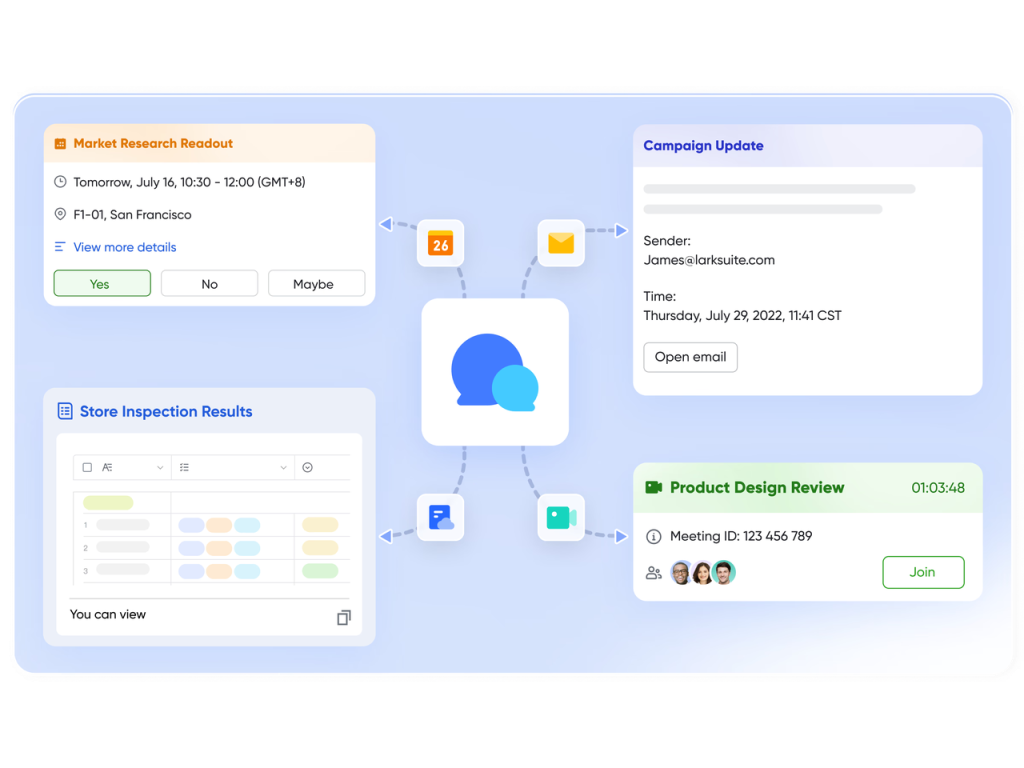
Building Shared Resources With Lark Docs
Startups make tons of important files – think investor decks, sales scripts, product details, and how-to guides. If you’re sending these around by email or storing them in different cloud folders, things can get messy fast with different versions. Lark Docs gives you one spot to create things together, so everyone is using the newest version.
Founders can write investor updates, marketing can fix the wording, and finance can enter the important numbers. You can see who changed what with version history, and permissions keep private stuff safe. Let’s say you’re making a pitch deck. Founders, designers, and advisors can work on it together in Lark Docs. When it’s time to send it to investors, the deck will look professional, consistent, and correct – and you won’t have to email a bunch of files back and forth.
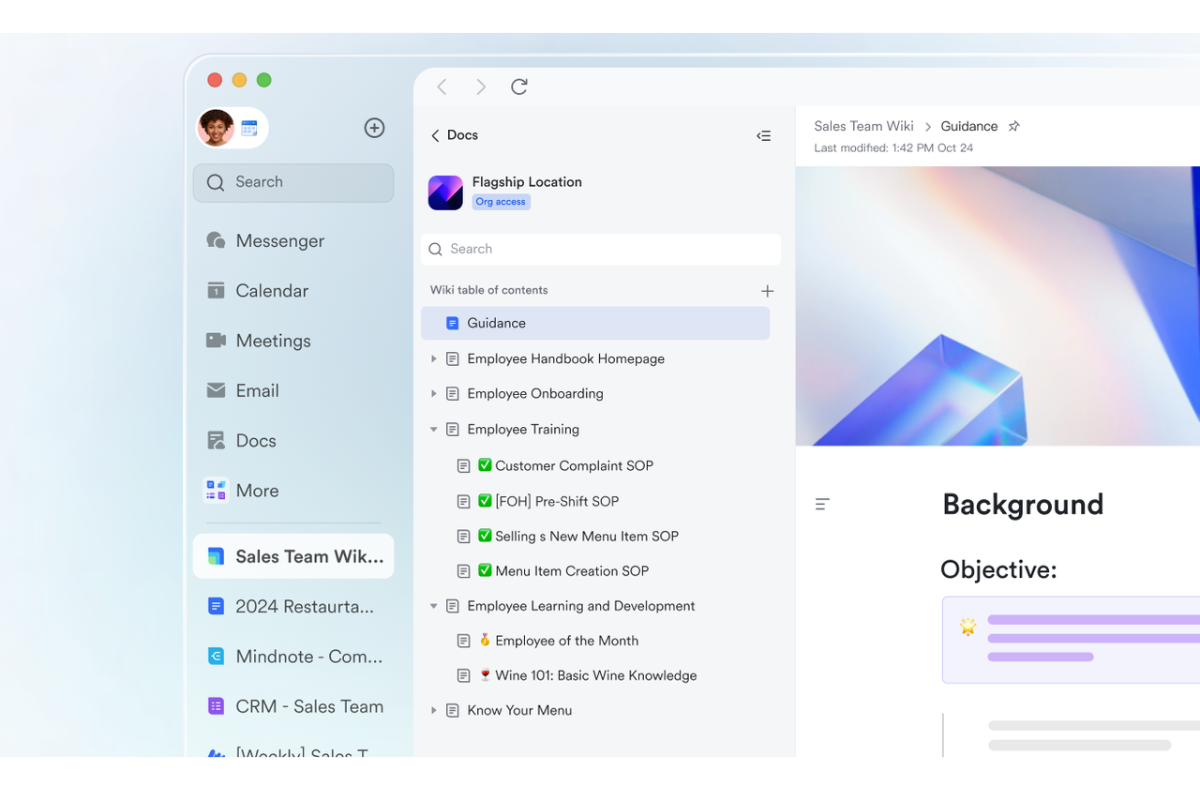
Staying On Top Of Deadlines With Lark Calendar
Startups that are growing fast have a lot on their plate. They are trying to raise money, get products out, hire people, and wow clients all at the same time. If they don’t have a good system in place, things can get messy, and meetings can be missed. Lark Calendar can help by organizing team and company schedules.
With shared calendars, workers can only see the events that are relevant to them, which keeps things simple. Tasks made in Lark show up in the Lark Calendar right away. This links small things, like getting ready for a demo, to big goals, like launching a product. A startup releasing its first beta product can use a shared calendar to keep tabs on investor meetings, sprint reviews, and press deadlines all in one place. Teams will know what’s going on, and leaders can make sure the company keeps moving ahead and doesn’t miss important dates.
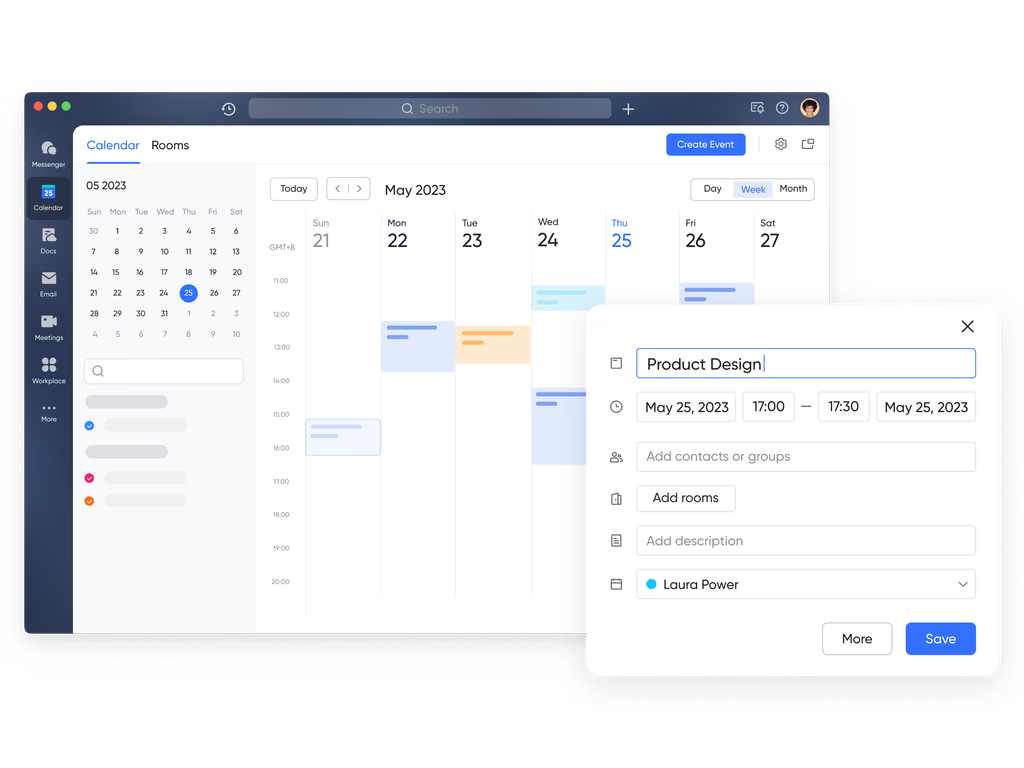
Simplifying Approvals With Lark Approval
As teams grow, the number of approvals multiplies—whether it’s for new hires, budgets, or vendor payments. When these get stuck in email, workflows slow down, and frustration builds. That’s why many companies turn to Lark, an all-in-one collaboration suite that also functions as business process management software, with tools like Lark Approval to streamline decision-making.
With pre-built templates and automatic workflow, requests move quickly through Approval. Managers can review and sign off in seconds, while every action is logged so it’s always clear who approved what. For example, if a marketing manager needs additional budget for an ad campaign, the request is submitted through Lark Approval. Leadership responds instantly, and the campaign launches on time—keeping teams agile while maintaining full visibility into spending.
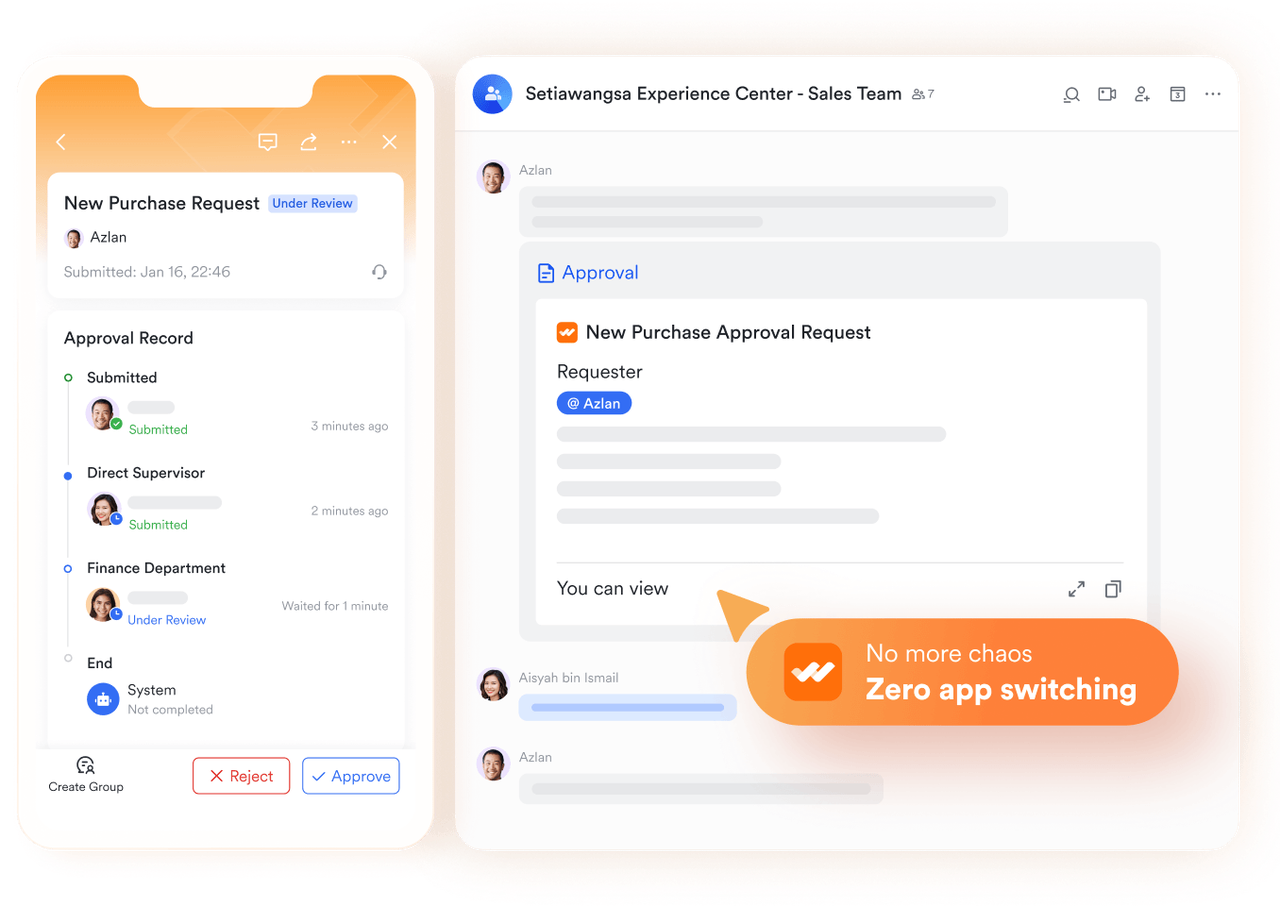
Structuring Growth With Lark Base
As startups expand, sticky notes and spreadsheets can’t keep up with growing operational complexity. From tracking customer feedback to managing product roadmaps, teams need systems that scale with them. Lark, a modern CRM app and collaboration suite, offers Lark Base as a flexible way to structure and track work across the organization.
Teams can customize tables to manage product features, marketing campaigns, or operational workflows, and even connect these processes to EOS software for structured, company-wide goal tracking and accountability. Automations reduce manual effort by sending deadline reminders or updating progress automatically. For instance, a SaaS startup can use Base to collect user requests, prioritize features, and connect them directly to sprints, ensuring the roadmap stays aligned with customer needs while scaling teams effectively.
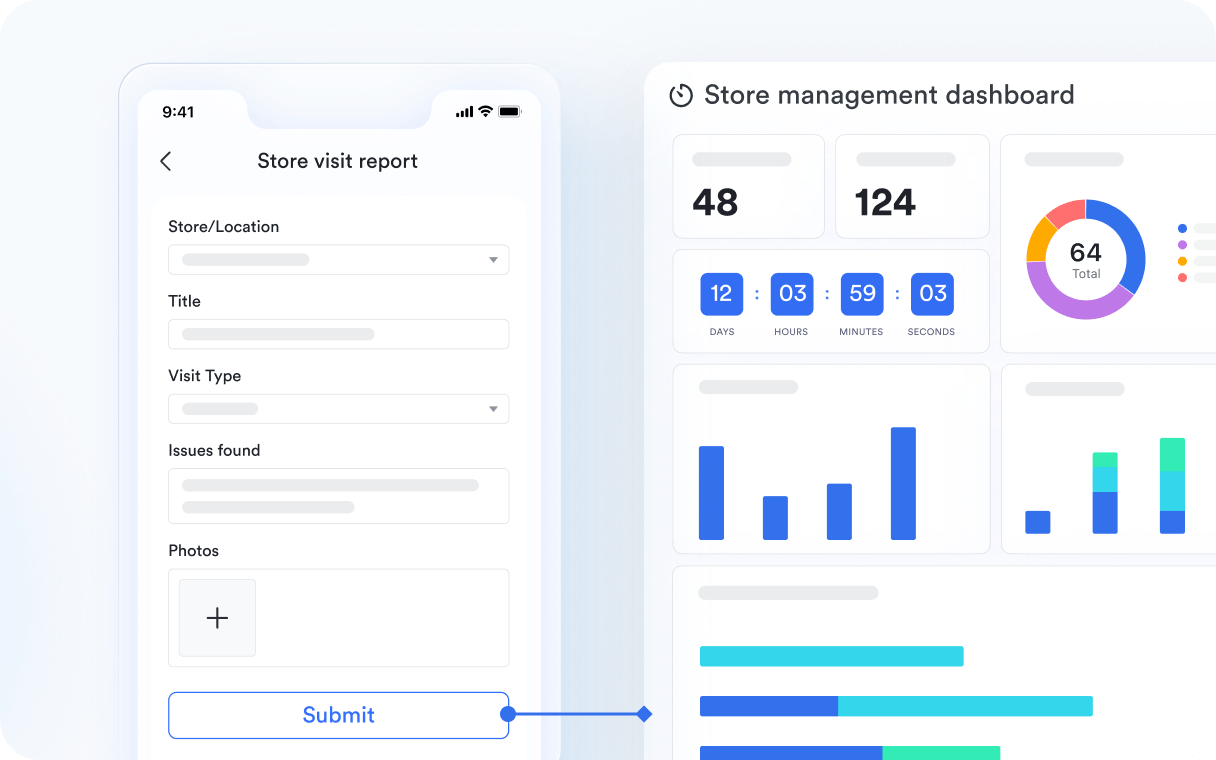
Conclusion
Growing your company doesn’t have to be a mess. Lark Messenger, Docs, Calendar, Base, Meetings, and Approval can give startups tools to keep everyone on the same page, organize information, track deadlines, and make sure work gets done. Teams can move faster, but with a system that keeps things from falling apart.
Also, keeping customers happy is key, just as growing bigger. Lots of startups use Lark to keep track of how they interact with customers, which helps make sure growth is tied to good customer service.
When startups use Lark, they can grow their teams and still keep open communication that helps them succeed in the first place. Growth feels manageable and focused, not like a free-for-all. This gives founders confidence that their scaling teams can get bigger without losing what makes them special.











